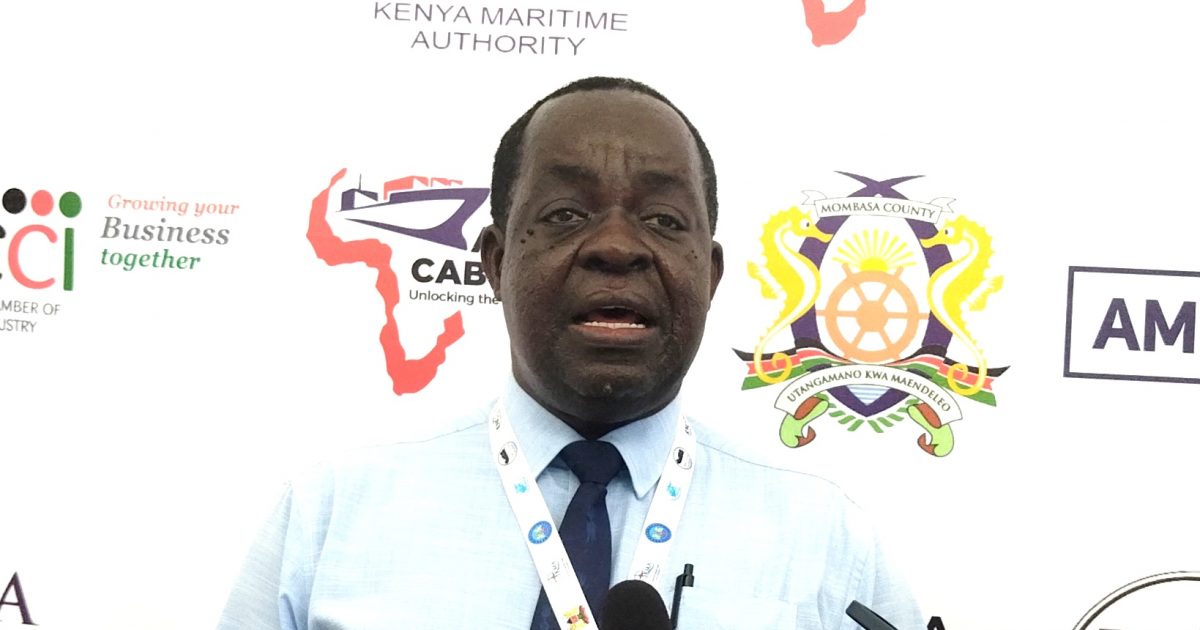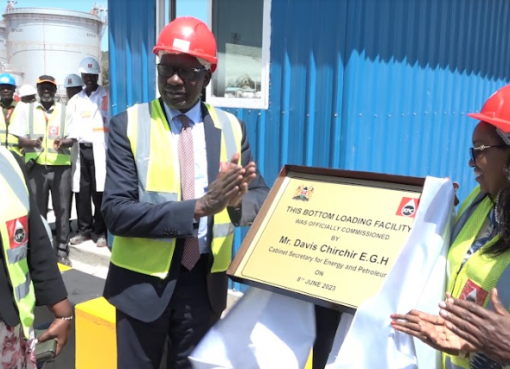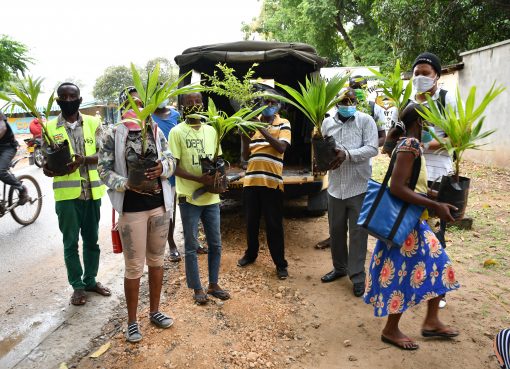The Inaugural African Maritime Cabotage Conference which ran for three days ended with pledges from the countries represented to adopt Africa-friendly policies and strategies to induce investment from the African Private Sector in the shipping industry.
Other resolutions attained at the conference included forming partnerships in shipbuilding and remodeling of financing options for investments in Maritime infrastructure and Equipment, joint training of maritime personnel, packaging of export products, networking, and making great use of the blue Economy opportunities that are there for the continent.
The conference whose theme was unlocking the African Continental Free Trade Area (AFCTA) potential by rethinking Maritime Cabotage and Blue Economy for improved connectivity was officially opened by the principal secretary, State Department for Shipping and Maritime Affairs Geoffrey Kaituko.
The PS noted that to truly harness the full potential of the maritime and blue economy sector, institutions must undergo a paradigm shift, adopt friendly policies, and implement measures to enhance the appeal of ship registers.
He also advocated for deep respect for the natural world, an unwavering dedication to preserving its beauty, and a commitment to climate change mitigation.
The meeting focused on regional cabotage, where international ships can bring cargo to any of the ports in Africa and the local ships can set themselves up to be able to transfer that cargo from the main port to other smaller ports in any particular country in Africa.
The Director of Maritime Trade and Investment, Kenya Maritime Authority, John Omingo said that Cabotage is a policy that has been internationally adopted to help both young and upcoming service providers to be able to grow.
Omingo said that they came to an agreement that Africans need to collaborate and have the administrations of the maritime sector bring all the parties together to move with a common agenda, under the African Union Integrated Maritime Strategy.
He lauded the PS for articulating very good policy directions in terms of shipping business.
“We need to collaborate as a continent, so that when the African free continental trade area opens up to the market, then so many dreams will be realized just by shipping,” he said.
Omingo also encouraged Maritime students to take their studies seriously as it opens up a world of opportunities in the Maritime Industry.
“You can take your studies in Tanzania, Ghana, Egypt, or South Africa because we have a standard requirement across the Continent, under the standards of training, certification, and watchkeeping,” Omingo added.
He noted that recognition is also important, citing that if Kenya goes into an agreement with Tanzania and they recognize each other’s certification depending on what structures they have in place, then you can study there and will be recognized anywhere.
Omingo said that KMA is making sure to raise the training standards so that they can recognize and respect each other certification processes, training, and the curriculum that goes into those particular programs across the continent.
By Fatma Said





